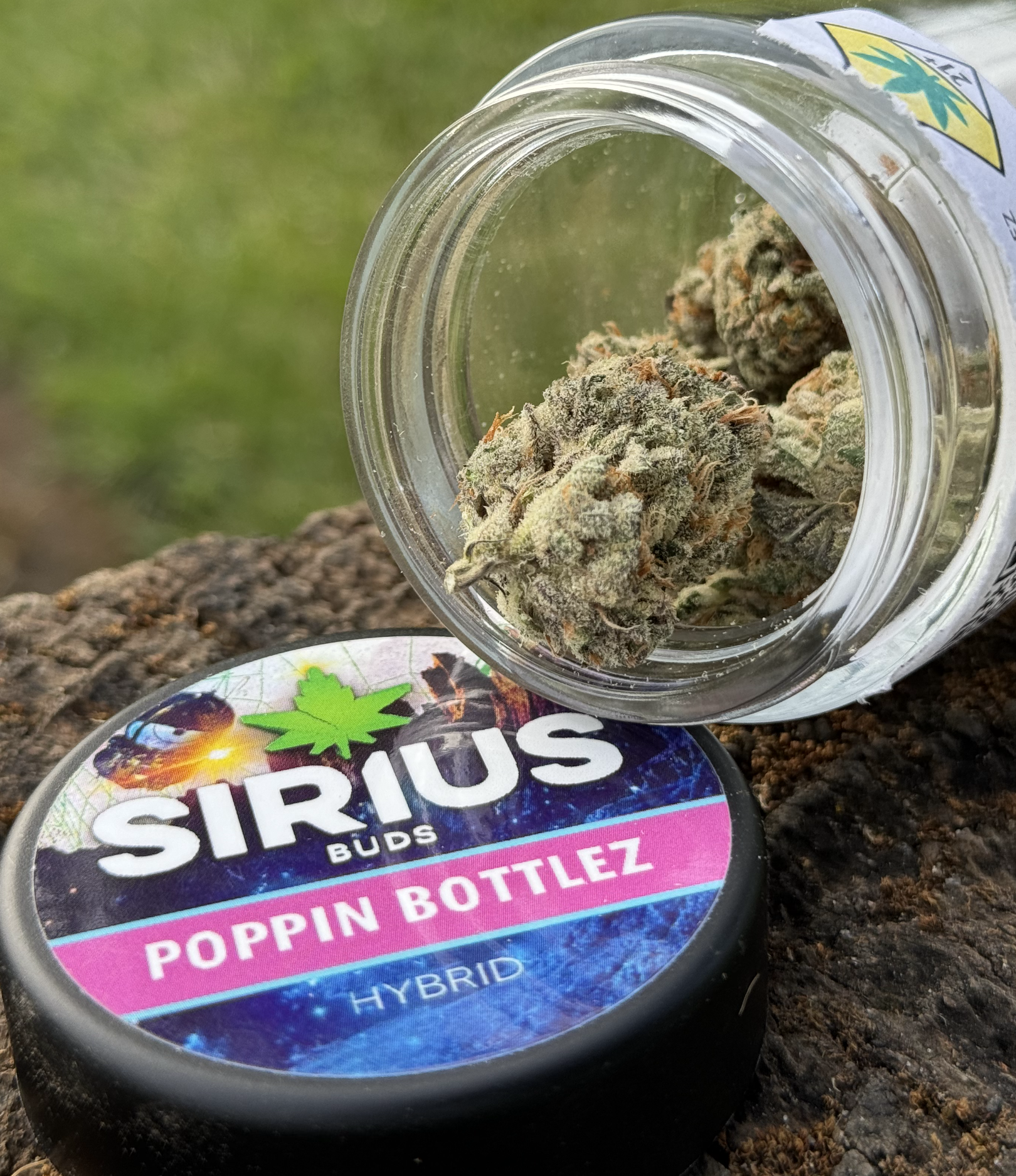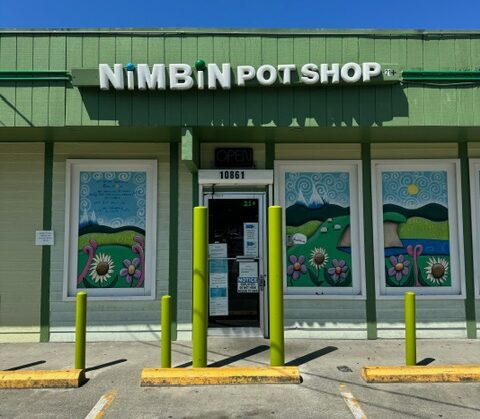Have Questions About Cannabis Dispensaries in Seattle, WA?
Cannabis Dispensaries FAQs
Curious about cannabis dispensaries? Our FAQs cover everything you need to know, from product selection to legal requirements. Learn about purchasing limits, ID requirements, and the differences between recreational and medical cannabis. Get expert answers and shop with confidence at Nimbin, Seattle’s premier marijuana dispensary.
Does Seattle have recreational dispensaries?
Yes, Seattle has numerous recreational dispensaries, including Nimbin, one of the city’s top choices. Recreational cannabis has been legal in Washington State since 2012, allowing adults 21 and over to purchase a variety of cannabis products, including flower, edibles, concentrates, and more. Dispensaries like Nimbin provide a welcoming environment with knowledgeable staff to help customers find the perfect products for their needs. Whether you’re a local or visiting Seattle, you can easily access high-quality recreational marijuana with valid identification. Explore Seattle’s thriving cannabis scene and experience the best dispensaries the city has to offer.
Can I go to a dispensary without a card in Washington?
Yes, in Washington State, you can visit a recreational dispensary without a medical card if you are 21 or older. Recreational cannabis has been legal since 2012, allowing adults to purchase a variety of products, including flower, edibles, and concentrates, with a valid government-issued ID. However, if you have a medical marijuana card, you may access additional benefits such as higher purchase limits and tax exemptions. Dispensaries like Nimbin in Seattle provide a wide selection of products for both recreational and medical users, ensuring a welcoming experience for all customers.
Are Seattle dispensaries cash only?
Yes, most Seattle dispensaries, including Nimbin, primarily operate as cash-only businesses due to federal banking restrictions on cannabis. While recreational and medical marijuana are legal in Washington, cannabis remains illegal at the federal level, limiting traditional banking options. However, many dispensaries offer on-site ATMs for customer convenience, and some may accept debit cards through third-party processing services. It’s always a good idea to bring cash when visiting a dispensary to ensure a smooth purchase experience. Check with your preferred dispensary in advance to confirm payment options and make your shopping experience hassle-free.
How do dispensaries work in Washington state?
In Washington State, dispensaries operate under strict regulations to sell cannabis legally to adults 21 and older. Customers must present a valid government-issued ID to enter and purchase products such as flower, edibles, concentrates, and more. Dispensaries like Nimbin in Seattle provide a knowledgeable staff to guide customers through product selections based on their needs and preferences. Medical marijuana patients with a valid medical card can access tax benefits and higher purchase limits. Transactions are typically cash-only due to federal banking restrictions. Washington dispensaries prioritize compliance, quality, and customer education to ensure a safe and enjoyable shopping experience.
How much do dispensaries pay in Washington?
Dispensaries in Washington State face significant operating costs, including taxes, employee wages, and compliance fees. Cannabis businesses are subject to a 37% excise tax on sales, one of the highest in the nation, in addition to standard business and sales taxes. Employee wages for dispensary positions, such as budtenders, typically range from $16 to $22 per hour, with management roles earning higher salaries. Dispensaries also invest in security, licensing, and inventory management to remain compliant with state regulations. Despite high costs, successful dispensaries like Nimbin in Seattle thrive by offering quality products and excellent customer service.
What does it mean that it is legal in Washington state but not federally?
Cannabis being legal in Washington State but not federally means that while adults 21 and older can legally purchase and use marijuana within the state, it remains illegal under U.S. federal law. This creates challenges for businesses, such as banking restrictions, interstate commerce bans, and federal employment policies. Dispensaries like Nimbin in Seattle must operate under strict state regulations while navigating federal limitations. Consumers can legally buy and use cannabis in Washington, but they cannot transport it across state lines. Federal illegality also means potential risks in areas like housing, employment, and travel involving federal jurisdiction.
What state has the most recreational dispensaries?
California has the most recreational dispensaries in the U.S., with hundreds of licensed locations across the state. As the largest cannabis market in the country, California offers a wide variety of products and dispensaries, from major cities like Los Angeles and San Francisco to smaller towns. The state’s diverse consumer base and demand for both recreational and medical cannabis contribute to its thriving dispensary scene. Despite strict regulations and taxes, California continues to lead the industry in innovation and accessibility. Dispensaries like Nimbin in Seattle, WA, provide a similar high-quality experience in Washington’s growing cannabis market.
What city in Washington has the most dispensaries?
Seattle has the most dispensaries of any city in Washington State, offering a wide selection of recreational and medical cannabis options. As the largest city in the state, Seattle’s thriving cannabis market caters to both residents and tourists, with dispensaries located throughout neighborhoods like Capitol Hill, Belltown, and Fremont. Dispensaries such as Nimbin provide high-quality products and knowledgeable staff to assist customers in finding the perfect cannabis experience. With Washington’s progressive cannabis laws and Seattle’s demand for premium products, the city continues to be a hub for cannabis culture and innovation in the Pacific Northwest.








